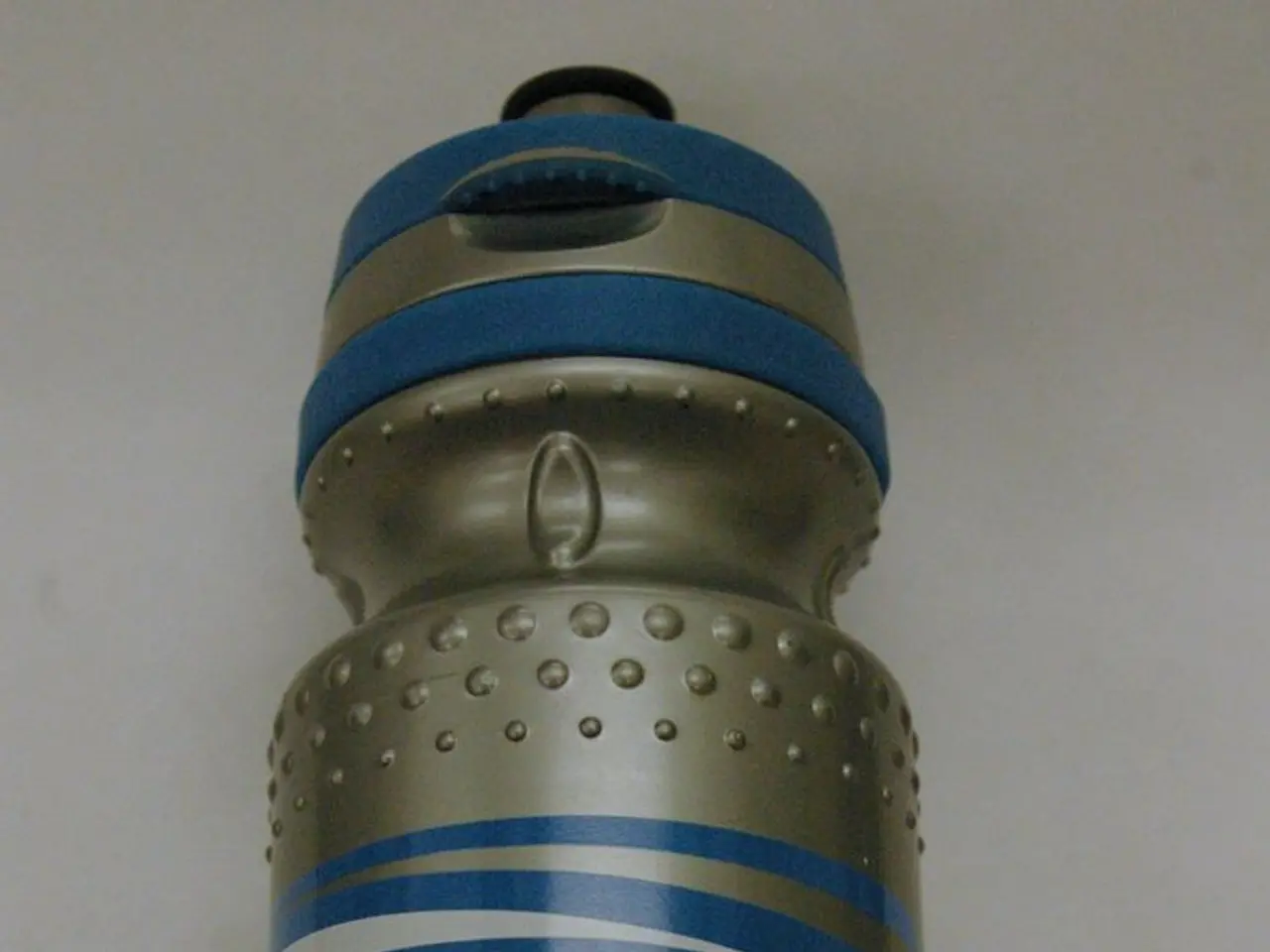NATO's Innovation Fund has made its inaugural investment in the biotech sector, raising questions about future developments.
The North Atlantic Treaty Organization (NATO) has made a strategic move into the biotech industry with its investment in Portal Biotech, a company specializing in protein sequencing technology. This marks NATO's first venture into biotech, reflecting a broader recognition of the importance of life sciences and bioinformatics in defense and security strategies.
The investment, aimed at funding Portal Biotech's nanopore-based full-length protein sequencing platform, is part of NATO's plans to boost biosecurity capabilities and improve healthcare resilience. The platform enables a detailed understanding of the proteome—the full range of proteins in human cells—which is crucial for revealing the mechanisms of health and disease. This, in turn, can accelerate the development of therapies and improve responses to biological threats, aligning with NATO's goals of securing infrastructure, supply chains, and public health.
The U.S. Department of Defense (DOD) has also been active in the biotech sector, collaborating with the Department of Health and Human Services (HHS) to bolster U.S. biomanufacturing and improve drug production infrastructure. Last year, the DOD ramped up funding towards bioindustrial and healthcare research, including the Distributed Bioindustrial Manufacturing Program (DBIMP).
NATO's investment in Portal Biotech is not its only foray into the realm of deep tech. The NATO Innovation Fund, created in response to the Russian invasion of Ukraine in 2022, has also invested in AI, with one of its first investments being in London-based Fractile. Fractile is a chipmaker startup that aims to tackle the issue of current hardware being poorly suited for using trained models to make new predictions.
The fund also invested in Faber, a company focused on photonic chips, analog chip design, and synthetic biology, as part of a €31 million seed financing. The NATO Innovation Fund has been allocating money for deep tech, defense, security, and resilience, as demonstrated by its $185 million investment in OTB Ventures, along with other investors.
The impact of these investments extends beyond biotech and AI. By funding innovations in life sciences and bioinformatics, NATO is enabling more precise and personalized medicine through advanced proteomics, fast-tracking drug discovery, and improving diagnostic capabilities. In terms of biosecurity, such technologies enhance the detection, characterization, and response to biological agents, including potential bioterrorism threats, thereby strengthening resilience against emerging biological risks.
In conclusion, NATO's investment in Portal Biotech exemplifies a strategic shift to integrate deep tech innovations—spanning AI, biology, and advanced sensing technologies—into defense and security frameworks. This move ensures preparedness against evolving biological challenges while fostering innovation in healthcare. The investments made by the NATO Innovation Fund underscore NATO's commitment to building a stronger startup ecosystem in the NATO alliance regions, enhancing the health and safety of its one billion citizens across the alliance.
[1] NATO Investment in Portal Biotech to Boost Biosecurity and Healthcare Resilience. (2023). Retrieved from www.nato.int/press-release/2023/03/01/nato-investment-in-portal-biotech-to-boost-biosecurity-and-healthcare-resilience
[2] NATO Invests in Deep Tech for Defense and Security. (2023). Retrieved from www.nato.int/press-release/2023/02/15/nato-invests-in-deep-tech-for-defense-and-security
[3] NATO Innovation Fund Invests in Portal Biotech for Biosecurity and Healthcare Resilience. (2023). Retrieved from www.portalbiotech.com/news/nato-innovation-fund-invests-in-portal-biotech-for-biosecurity-and-healthcare-resilience
[4] U.S. Government Increases Funding for Biothreat Detection. (2023). Retrieved from www.hhs.gov/about/news/2023/02/10/us-government-increases-funding-for-biothreat-detection
[5] The Role of Deep Tech in Defense and Security Strategies. (2023). Retrieved from www.nato.int/stratcom/2023/03/01/the-role-of-deep-tech-in-defense-and-security-strategies
[6] Fractile Raises €31 Million in Seed Financing. (2023). Retrieved from www.fractile.ai/news/fractile-raises-31-million-in-seed-financing
[7] OTB Ventures Secures $185 Million Investment. (2023). Retrieved from www.otbventures.com/news/otb-ventures-secures-185-million-investment
- From proteomics to nanopore-based protein sequencing, science-driven startups like Portal Biotech play a crucial role in enhancing NATO's biosecurity capabilities and healthcare resilience.
- The convergence of biotech, deep tech, and finance is driving investments in breakthrough innovations, such as AI-driven chipmakers Fractile and photonics companies like Faber, to revolutionize healthcare and defense technologies.
- Recognizing the importance of life sciences and bioinformatics in securing public health, NATO and the U.S. Department of Defense (DOD) are collaborating on biomanufacturing and drug production infrastructure improvements.
- By investing in deep tech startups addressing various medical conditions, the NATO Innovation Fund aims to strengthen health and wellness outcomes within the NATO alliance regions.
- With its focus on protein sequencing and synthetic biology, Portal Biotech's research could help accelerate the development of therapies and improve diagnostics for a wide range of health-related issues.
- As disease threats evolve, synthetic biology, biomanufacturing, and other innovative technologies empower NATO to characterize and respond more effectively to biological agents, ensuring a resilient defense against bioterrorism and emerging biological risks.




